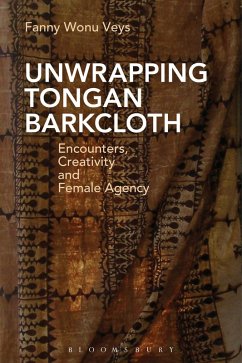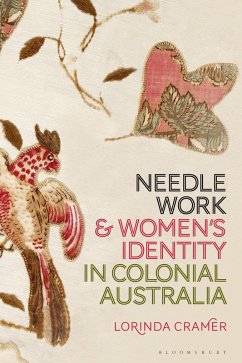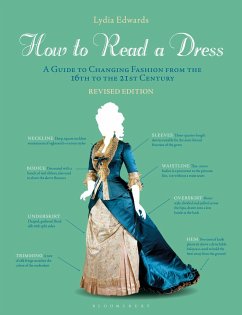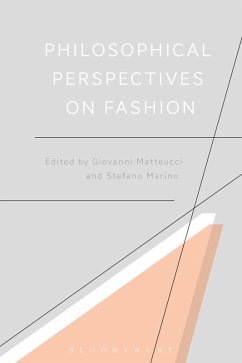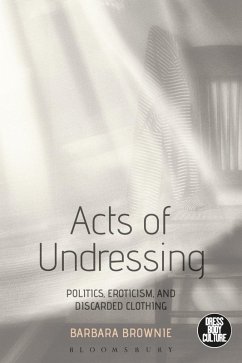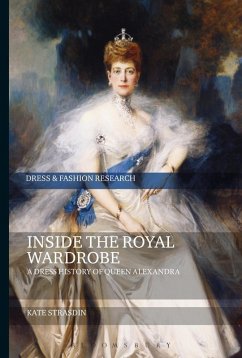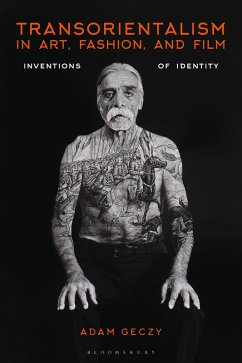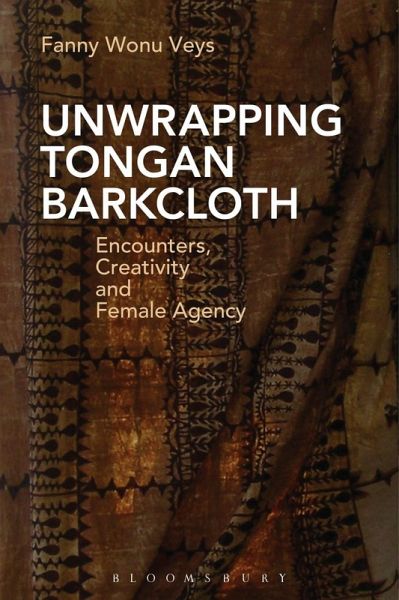
Unwrapping Tongan Barkcloth (eBook, PDF)
Encounters, Creativity and Female Agency
Versandkostenfrei!
Sofort per Download lieferbar
108,95 €
inkl. MwSt.
Weitere Ausgaben:

PAYBACK Punkte
54 °P sammeln!
Tongan barkcloth, made from the inner bark of the paper mulberry tree, still features lavishly in Polynesian ceremonies all over the world. Yet despite the attention paid to this textile by anthropologists and art historians alike, little is known about its history. Providing a unique insight into Polynesian material culture, this book explores barkcloth's rich cultural history, and argues that its manufacture, decoration and use are vehicles of creativity and female agency. Based on twelve years of extensive ethnographic and archival research, the book uncovers stories of ceremony, gender, th...
Tongan barkcloth, made from the inner bark of the paper mulberry tree, still features lavishly in Polynesian ceremonies all over the world. Yet despite the attention paid to this textile by anthropologists and art historians alike, little is known about its history. Providing a unique insight into Polynesian material culture, this book explores barkcloth's rich cultural history, and argues that its manufacture, decoration and use are vehicles of creativity and female agency. Based on twelve years of extensive ethnographic and archival research, the book uncovers stories of ceremony, gender, the senses, religion and nationhood, from the 17th century up to the present-day. Placing the materiality of textiles at the heart of Tongan culture, Veys reveals not only how barkcloth was and continues to be made, but also how it defines what it means to be Tongan. Extending the study to explore the place of barkcloth in the European imagination, she examines international museum collections of Tongan barkcloth, from the UK and Italy to Switzerland and the USA, addressing the bias of the European 'gaze' and challenging traditional gendered understandings of the cloth. A nuanced narrative of past and present barkcloth manufacture, designs and use, Unwrapping Tongan Barkcloth demonstrates the importance of the textile to both historical and contemporary Polynesian culture.




